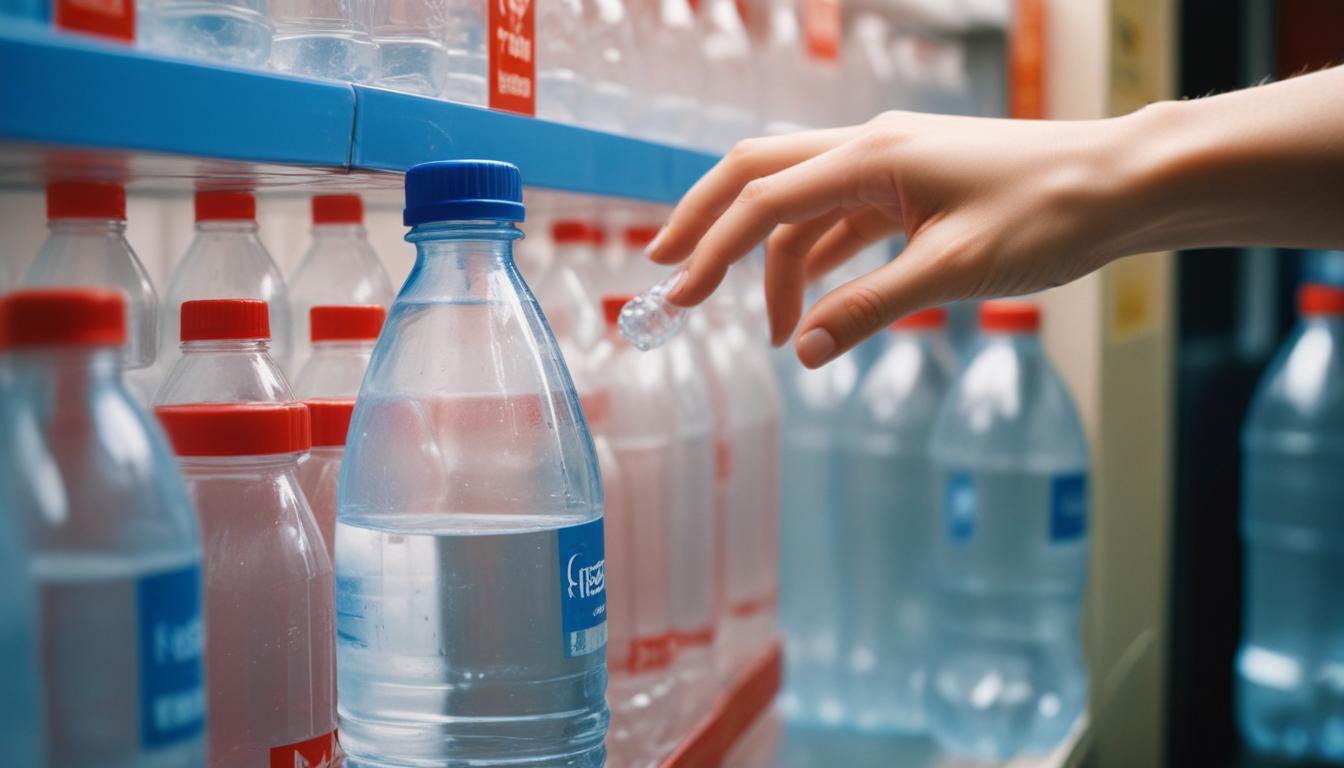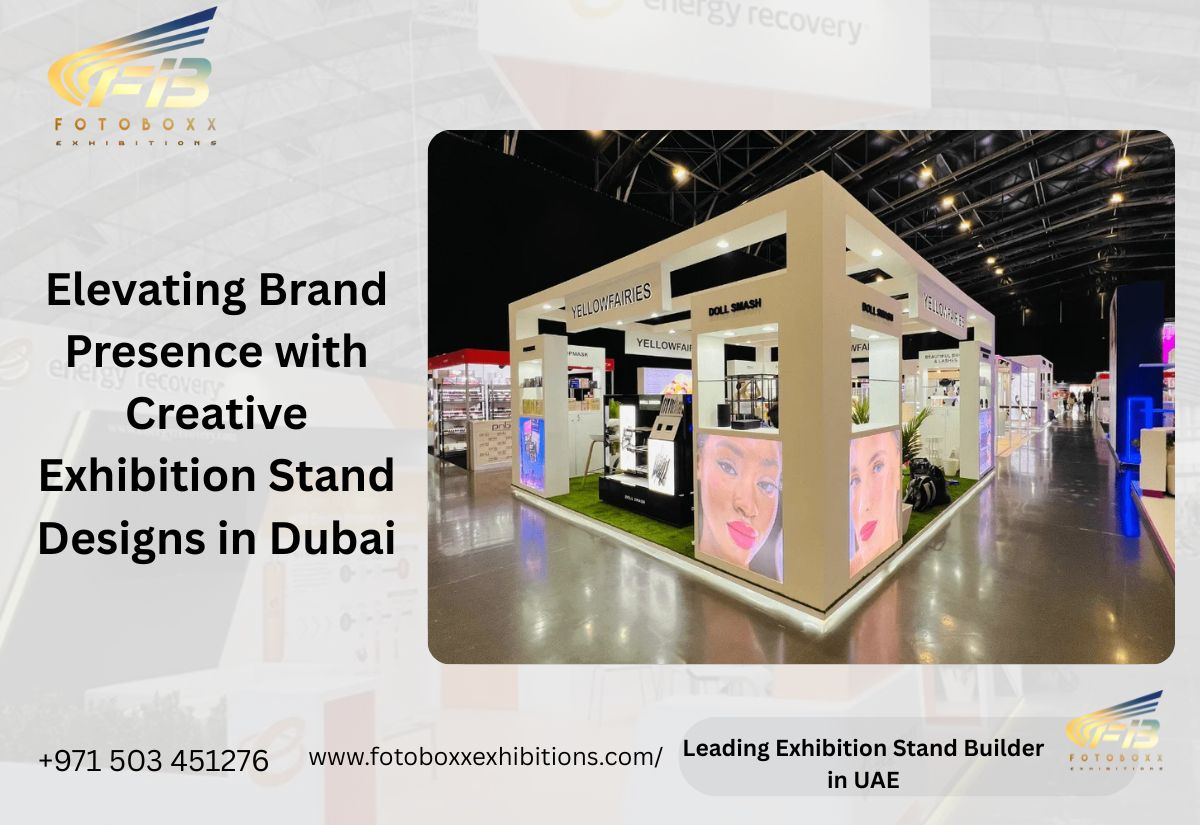Ever picked up a bottle of water on a scorching day and thought, “This better be safe to drink”? Yeah, we all have. And while most of us don’t think twice about the clear, crisp liquid inside that plastic vessel, someone, somewhere, spent months—maybe years—making sure that water wouldn’t make you sick. That “someone” is usually a bottled water company. And the process they go through to guarantee your water’s safety? It’s not just about filters and fancy labels. It’s about HACCP. Let’s break that down—not just the acronym, but what it actually means for bottled water manufacturers, their customers, and the planet we all sip from.
Wait, What’s HACCP Again?
Let’s keep it real simple first: HACCP stands for Hazard Analysis and Critical Control Points. Sounds intense? It kind of is.
It’s a management system, originally developed in the 1960s by NASA and Pillsbury (yeah, that Pillsbury), that aims to identify, evaluate, and control hazards—biological, chemical, and physical—throughout the food production process.
Imagine someone inspecting every stage of your bottled water’s journey—from the underground spring or municipal source, to the bottle in your gym bag—and asking at every step, “What could go wrong here?”
That’s HACCP. It’s not just one person or a single test; it’s an entire system focused on prevention instead of reaction.
Why Bottled Water Needs HACCP (Like, Really Needs It)
We’re talking about a product that’s literally meant to go into your body. You’d think water is simple, right? It’s clear, it tastes like…well, water, and you assume it’s clean.
But here’s the kicker: water is not sterile. Not by default.
Without proper treatment, storage, and monitoring, bottled water can become a breeding ground for bacteria like Pseudomonas, E. coli, or even mold. And don’t even get us started on biofilms in poorly maintained pipes.
So, HACCP isn’t just nice to have—it’s the bare minimum standard for any bottled water brand that takes consumer health seriously.
It ensures:
- Contaminants don’t sneak into the water
- Bottling environments remain clean and controlled
- Final products meet safety thresholds every single time
In short, HACCP helps bottled water companies sleep at night—and helps you drink that water without flinching.
Okay, But Who Needs Certification?
Here’s where things get real. You might be thinking, “If my water meets FDA or WHO standards, isn’t that enough?”
Not quite.
Certification is proof. It’s the “Hey, we don’t just say we’re safe. We can prove it” badge.
While HACCP itself isn’t mandatory in every country for bottled water, many importers, retailers, and big-name clients (think: Costco, Whole Foods, or hotel chains) require certification as a baseline. Especially if you’re exporting.
And let’s be honest: in a competitive industry where trust is fragile and reviews can tank a brand, having that HACCP certification gives bottled water brands a leg up.
It tells regulators: “We’re compliant.”
It tells customers: “We’re trustworthy.”
It tells partners: “We’re ready to scale.” (Well, not using that word, but you get the point.)
Beyond Compliance: Why It’s Actually Good Business
Sure, HACCP is about safety. But let’s talk about the stuff execs actually care about: money and reputation.
Implementing HACCP:
- Reduces recalls (which cost a fortune and dent public trust)
- Improves process efficiency (fewer reworks, less downtime)
- Boosts team morale (staff take pride in working at a “clean shop”)
- Opens new markets (especially if you’re targeting EU, UAE, or Japan)
And here’s the emotional truth: when you invest in safety, you’re not just avoiding lawsuits—you’re protecting families, schools, hospitals. You’re earning trust in the most direct, human way possible.
People notice that. And they remember.
But Is It Worth the Hassle for Small Bottled Water Brands?
That’s a fair question.
HACCP implementation isn’t free, and for mom-and-pop bottlers or boutique artesian water brands, it can seem overwhelming.
But here’s the thing—you don’t have to go full-throttle overnight.
Start small:
- Document your processes
- Train your team on hygiene and hazard awareness
- Gradually build a HACCP-like framework
- Bring in a consultant when you’re ready
Even partial implementation improves quality. And when the time comes to scale—or attract investors—you’ll already have your ducks in a row.
A Quick Word on Trust (Because That’s What This is Really About)
Look, no one ever thanked a bottler for a clean HACCP report. It’s a thankless job. But they will thank you by buying again, by recommending you, by not calling a lawyer.
In an age where people care more than ever about what they consume—where eco-labels, traceability, and transparency aren’t fringe demands but expectations—HACCP is your secret weapon.
Not just for compliance, but for confidence.
Some Real-World Brands That Get It
Don’t just take our word for it—check out bottled water companies that have gone all in:
- FIJI Water: Beyond the branding, they’ve nailed down safety systems that let them export globally.
- Evian: They lean heavily on quality management systems—including HACCP—to maintain their “premium” image.
- Nestlé Waters: Say what you will about big corporations, but their HACCP programs are robust enough to support dozens of product lines in multiple countries.
Whether you’re a niche local spring or aiming to be the next global player, the path is the same: prove you’re safe, then prove it again.
Final Sip: What’s Your Next Move?
Look, if you’re bottling water and selling it to the public, you’re not just in the business of hydration—you’re in the business of trust. And trust doesn’t come in pretty packaging or clever branding. It’s built through systems, accountability, and yeah—certification.
HACCP isn’t just another checkbox. It’s a commitment. A signal to your customers, your team, and your future partners that you take safety seriously. That you’ve thought about what could go wrong—and done the work to make sure it doesn’t.
So if you’re still wondering whether HACCP is worth it? Just ask yourself: Would you drink your own product if no one was watching?
If the answer is yes—prove it.
Because water may be simple, but earning trust? That takes real work.



